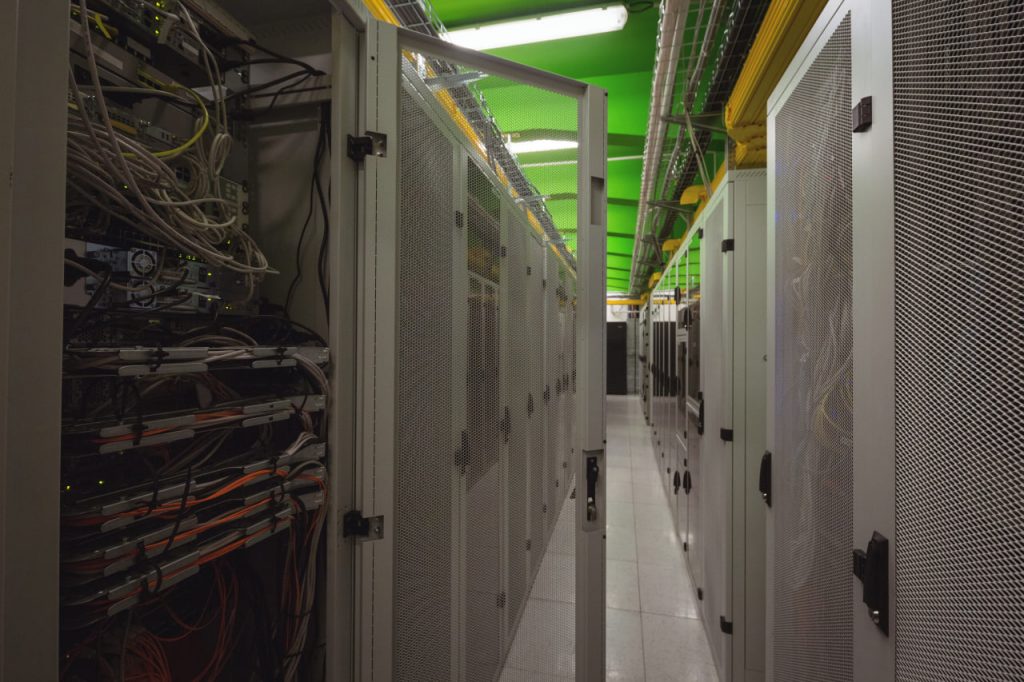Choosing the right solar panel system for your home or business can be a daunting task, given the variety of options available on the market. The right system will depend on several factors, including your energy needs, location, roof size, and budget. In this article, we’ll provide a guide to help you make an informed decision and select the best solar panel system for your specific requirements.
1. Assess Your Energy Needs
Before choosing a solar panel system, it’s essential to evaluate your current energy consumption. Start by reviewing your electricity bills over the past year to understand how much energy you use monthly and annually. This will give you a clearer picture of how much power your solar system needs to generate. Keep in mind that the larger your home or business and the more energy you use, the more powerful your solar system will need to be.
2. Consider Your Location and Sunlight Exposure
The amount of sunlight your property receives plays a significant role in determining the size of the solar panel system you need. Areas that receive more sunlight throughout the year will require fewer panels to meet energy needs, while regions with less sunlight may need a larger system. It’s essential to consider the orientation and pitch of your roof as well as any shading from nearby trees or buildings that could affect solar panel performance.
3. Choose Between Monocrystalline, Polycrystalline, and Thin-Film Panels
There are three primary types of solar panels: monocrystalline, polycrystalline, and thin-film. Each type has its own set of benefits and considerations:
- Monocrystalline Panels: Known for their high efficiency and sleek black appearance, these panels are made from a single continuous crystal structure. They tend to be the most expensive but are ideal for homes with limited roof space, as they generate more power per square foot.
- Polycrystalline Panels: Made from multiple crystal structures, these panels are less expensive but have slightly lower efficiency than monocrystalline panels. They are a good option for larger spaces or when budget is a concern.
- Thin-Film Panels: These panels are lightweight and flexible, offering a more affordable option, but they are also less efficient than crystalline panels. Thin-film panels are ideal for large areas or unconventional installations.
4. Determine the System Size and Power Output
The size of your solar panel system will depend on your energy needs, the efficiency of the panels, and the available roof space. A typical residential solar system might require anywhere from 10 to 30 panels, depending on energy consumption and panel type. Commercial systems may require a much larger setup. It’s crucial to work with a solar professional who can calculate the correct system size based on your energy usage and roof space.
5. Consider the Total Installation Costs
The cost of installing a solar panel system can vary widely depending on the size of the system, the type of panels, and the complexity of the installation. Be sure to get several quotes from reputable installers and take into account any government incentives, tax credits, or rebates that may reduce the overall cost. While the initial investment can be significant, solar panels are an investment that will pay off in the long run with energy savings.
6. Check for Warranty and Durability
Solar panels are built to last, but it’s essential to choose a system that offers a reliable warranty and is built to withstand harsh weather conditions. Most solar panels come with a 20 to 25-year warranty, ensuring that they will continue to perform efficiently over time. When selecting a solar panel system, make sure to check the manufacturer’s warranty and consider factors such as panel durability, performance guarantees, and after-sales service.
Conclusion
Choosing the right solar panel system for your home or business is a crucial step in reducing your energy costs and contributing to a more sustainable future. By assessing your energy needs, considering the local climate, selecting the appropriate type of panels, and understanding the system size and costs, you can make an informed decision. Partnering with a reputable solar installation company will ensure that your system is installed correctly and is optimized to deliver maximum energy savings. Embrace solar energy today and start your journey toward a greener tomorrow.
